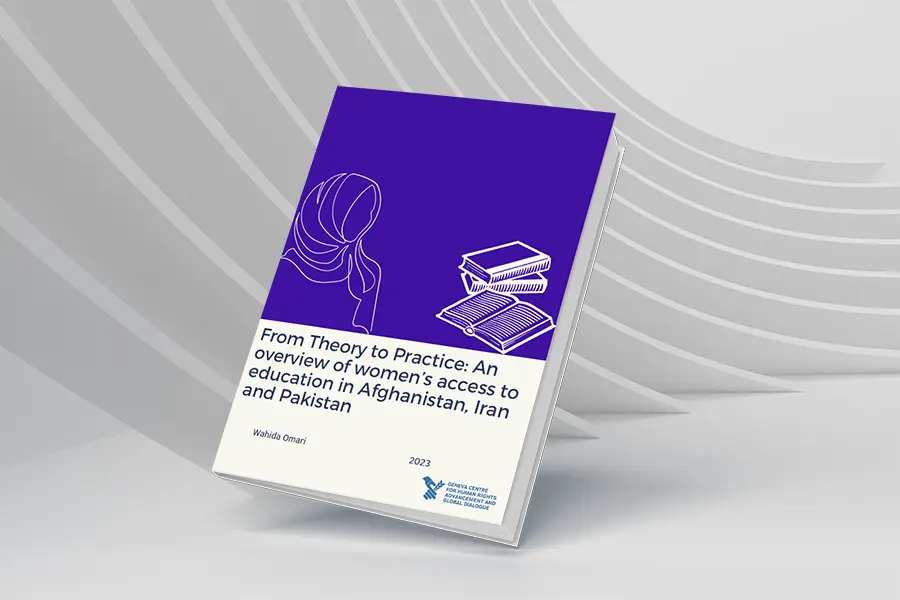This paper sheds light on the prevailing challenges women face in Iran, Afghanistan, and Pakistan in their pursuit of education. Despite the progress, access to education for women in these countries remains significantly limited due to cultural, societal, and institutional barriers. This study explores the existing laws and policies and the evolving status of women’s education while examining key challenges, such as gender-based discrimination, social norms, early marriages, security concerns, and inadequate infrastructure.
Drawing upon the literature review, the paper further delves into the complex interplay of factors hindering educational opportunities for women and the adverse implications for social and economic development. In conclusion, the paper proposes policy recommendations and interventions aimed at fostering gender equality and empowering women to gain access to quality education, thus contributing to sustainable development and inclusive growth in the region.
Equal access to education for women is of paramount importance due to its significant implications for societal progress and individual empowerment. Ensuring gender equality in education not only upholds the principles of justice and human rights but also fosters economic development, social cohesion, and sustainable development. When women have equal opportunities to education, they can acquire knowledge, skills, and competencies that enable them to participate fully in social, economic, and political spheres. Consequently, societies benefit from a more diverse and inclusive workforce, enhanced productivity, and increased innovation.
On the other hand, the consequences of limited or denied access to education for women are far-reaching. Women who lack educational opportunities are more likely to face discrimination, poverty, and limited job prospects, perpetuating cycles of inequality and marginalization. They may be more susceptible to gender-based violence, early marriages, and inadequate healthcare. Additionally, societies that restrict women’s access to education lose out on the immense potential and contributions that educated women can make in all spheres of life. Therefore, prioritizing equal access to education for women is not only a matter of justice and equity but also a strategic investment in the advancement of societies at large.
This paper examines the access to education for women and girls in Afghanistan, Iran, and Pakistan. The initial section focuses on presenting an overview of both international and national frameworks, as well as the policies implemented by these countries to enhance educational access. The subsequent section analyses the existing state of educational access and the measures being undertaken and highlights the obstacles encountered by women in accessing education. Finally, a brief review is conducted to address the necessary actions that have been or should be implemented to overcome the challenges related to women’s educational access in these countries.
Document:
Year of publication: 2023
